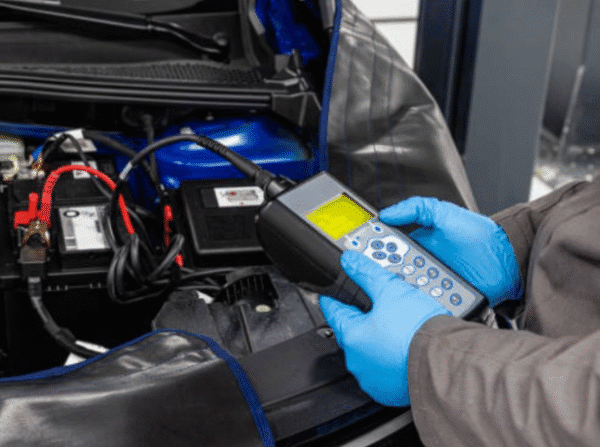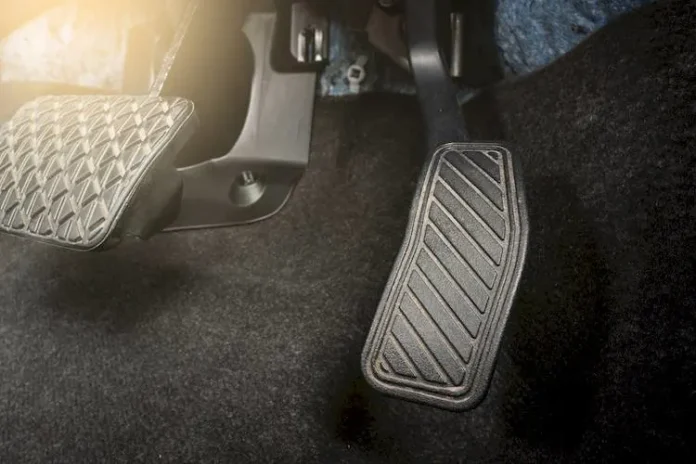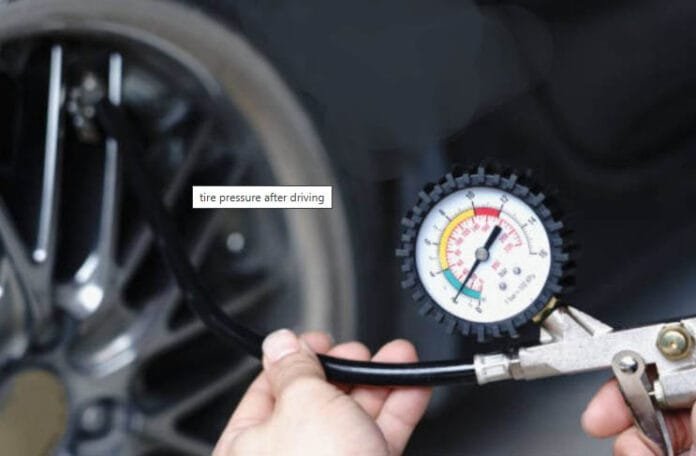When your car refuses to start, it’s tempting to assume the battery is dead and needs replacing. But wait—the battery might not be the problem; it might just be the victim. In many cases, the real culprit is a parasitic drain: something in your car is silently drawing power even when it shouldn’t.
So, what exactly drains a car battery? Here are six of the most common causes behind that frustrating dead-battery moment.

1. Leaving the Lights On – The Classic Mistake
We’ve all done it: come home tired, rush inside, and accidentally leave the headlights or trunk open. Even tiny interior dome lights can drain your car battery overnight.
So next time before you lock up, take a second to double-check—are all the lights off?
2. Electrical Issues – Power That Keeps Running
Ever wondered, “Why does my battery die even when the car is off?” The answer often lies in electrical system faults. While it’s normal for some systems like the clock, alarm, and radio presets to draw a little power, a malfunction can cause other components—like glove box or trunk lights—to stay on without you knowing.
A poorly maintained battery becomes especially vulnerable to even these small drains. Cold or hot weather can make it worse. A trickle charger can help in these situations by maintaining the charge safely over time.
3. Loose or Corroded Battery Connections
Battery maintenance matters. If the terminals are loose or corroded, your charging system won’t work efficiently. That means the battery may not charge properly even while you’re driving—and in some cases, it can drain while in motion.
If you’re experiencing flickering lights or slow starts, it might be time to inspect those connections—or visit your mechanic.
4. Faulty Alternator Diode
The alternator’s job is to recharge your battery and power your vehicle’s electrical systems. But when the alternator diode fails, it could create a parasitic drain by drawing current even after the engine is off.
This silent power leak is a hidden but common reason behind unexpected battery problems.
5. An Aging Battery
Even the best batteries have a limited lifespan—typically 4 to 5 years. As they age, they lose the ability to hold a charge. If your battery consistently dies, especially overnight, it’s likely time to invest in a replacement from a trusted auto shop.
6. A Faulty Charging System
A battery can’t survive long without proper charging. If there’s a malfunction in your charging system, such as a broken belt or regulator, your alternator won’t deliver enough power—and your battery will slowly drain, no matter how new it is.
Wait, What If It’s a New Battery?
Even a brand-new battery can fail quickly under the wrong conditions. Here’s why:
-
Too many short trips: If you frequently drive short distances, your alternator doesn’t have time to recharge the battery fully.
-
Extreme weather: Temperatures above 100°F (38°C) or below 10°F (-12°C) can damage your battery and shorten its lifespan due to lead sulfate crystal buildup.
-
Charging system problems: Again, even a new battery won’t survive long if it isn’t being recharged properly.
What Happens If You Ignore a Drained Battery?
If left unattended, a drained battery will drop to 0% and become unusable. That means your engine won’t start—and if you’re on the highway or heading out for work, you’re in serious trouble.
A dead battery affects not just your convenience, but potentially your safety and that of others on the road.
In Summary
A dying car battery isn’t always about age—it’s often about how the car is used and maintained. Electrical glitches, poor connections, weather extremes, and short trips can all take a toll.
✔️ Know the causes.
✔️ Maintain your battery.
✔️ Don’t ignore the warning signs.
That way, your car will be ready to roll when you are.


